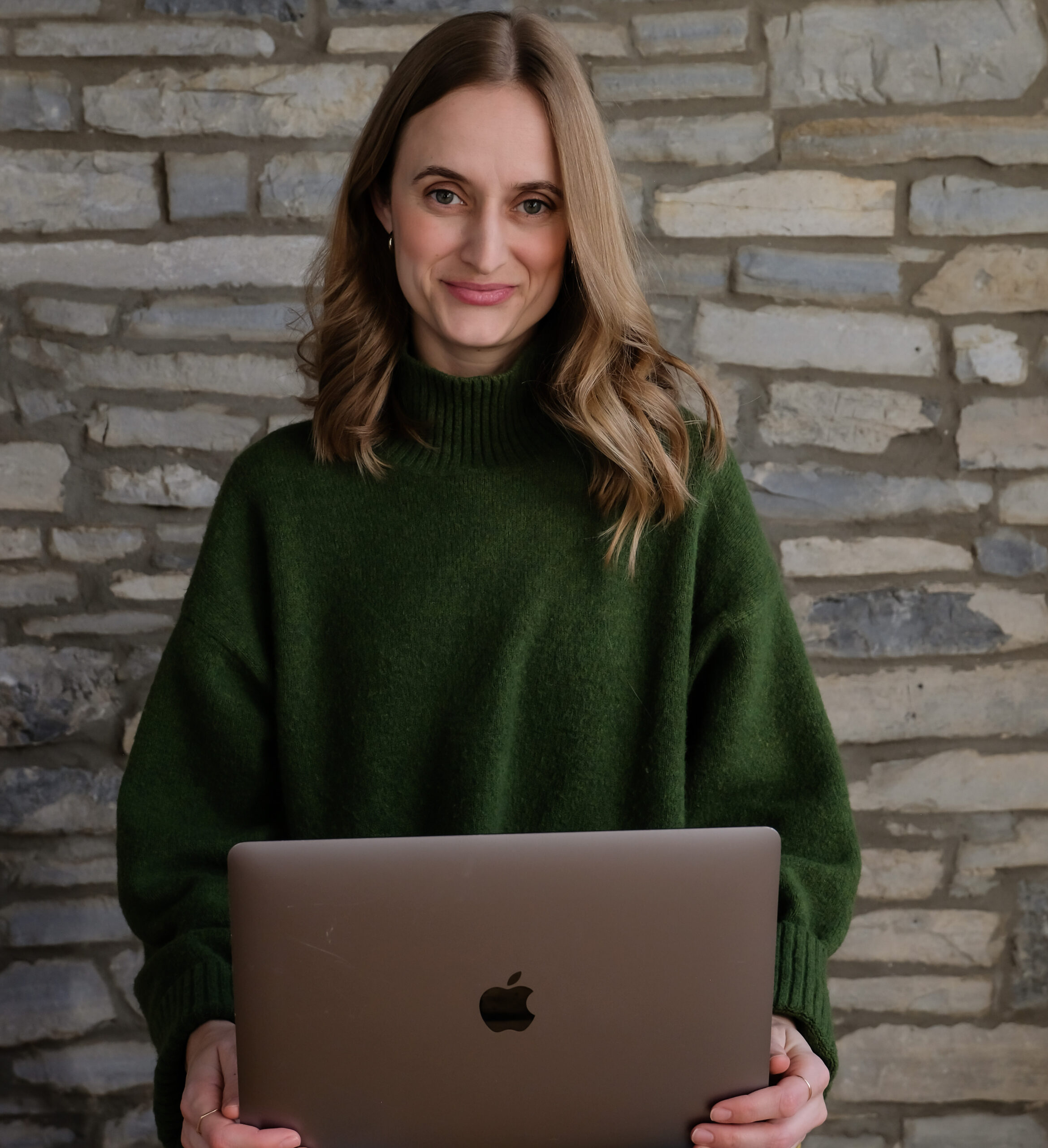“Almost Like Doing A Puzzle”: Sophia Fabiilli on Playwriting

In the first week of January, while many of us were still crawling out of our holiday haze, Sophia Fabiilli was hard at work developing her latest play: Why It’s Impossible To Raise A Girl.
Fabiilli spent a week at the Thousand Islands Playhouse (TIP)’s rehearsal hall, turning the existing script on its head with thoughtful input from actor Zoë Sweet and director Evalyn Parry. Toward the end of the week, Sweet read the latest draft of the one-woman show for a small audience of friends and collaborators. I was lucky enough to be in the room, and to catch Fabiilli for an interview the following week.
This interview has been edited for length and clarity.
For Fabiilli and Sweet, Why It’s Impossible To Raise A Girl has been a long-term labour of love. The opportunity to give it some full-time focus, even for just a few days, is a precious luxury. “Zoë and I are both teachers, and this is the only time of year other than the summer when we’re not working at the same time. So we wanted to get some development done together, sometime before August, and this was the week.”
Why It’s Impossible To Raise A Girl follows a 45-year-old woman navigating parent-child relationships while her life is, as she puts it, casually on the verge of collapse. This week has been pivotal for the development of the script. “I felt so good about the reading and the feedback. All the conversation we had last week, and all the changes—it was just hugely productive.”
I ask Fabiilli if there were any big ‘Aha!’ moments. “I mean, there’s lots of ‘Aha!’s. And I won’t give too many spoilers. But I think a big ‘Aha!’ moment was [the realisation] that I can write this play in my own irreverent, funny voice. Before, I think I was struggling because it’s a one-woman show.” Since the play deals with some serious topics, Fabiilli wanted to craft her protagonist’s voice carefully, and she describes feeling a certain sense of constraint in earlier drafts. “We’ve been slowly excavating different levels of the story. I rewrote all of the major characters this week… I was like, this can sound like me. It can sound like how I like to write my characters.”
After listening to the reading on Friday, I was impressed with the way Fabiilli writes characters as foils for one another. It strikes me that she has a keen sense of people’s personalities and how they can complement, but also grate on, each other. “A lot of the characters I kind of wrote impulsively,” Fabiilli tells me. After that initial impulsive phase, she describes going through the script and examining the mechanics of the characters’ relationships. “It was almost like doing a puzzle—like something clicked into place… I’d look at characters [and ask], ‘What’s the worst thing this person could say right now?’ Just playing that game, which is really fun.”
Between Why It’s Impossible To Raise A Girl and her recent play Liars At A Funeral, which plays at TIP this spring, it sounds like Fabiilli is drawn to some common themes. What’s so compelling about finding the worst thing a person can say in a given moment? “Maybe it’s just really fun to write about messy people. People who don’t have it all together, who are complicated and falling apart.”
“That’s definitely something I took away from this week, too, about this character that we’ve been working on. Because yes, her life is casually on the verge of collapse—but she spends some of the play hiding those things from us. And that’s actually so endearing. I like watching characters when they’re a hot mess on stage and going, ‘Yeah, me too.’”
Sophia Fabiilli is an award-winning playwright, theatre artist, and educator based in Kingston. Fabiilli’s play ‘Liars At A Funeral’ will run from May 31 to June 22, 2024 at Thousand Islands Playhouse. Her upcoming work, ‘Why It’s Impossible To Raise A Girl’, premieres in Kingston this fall.
This article was edited on March 22, 2024 to reflect a stylistic change made to the title ‘Why It’s Impossible To Raise A Girl’.